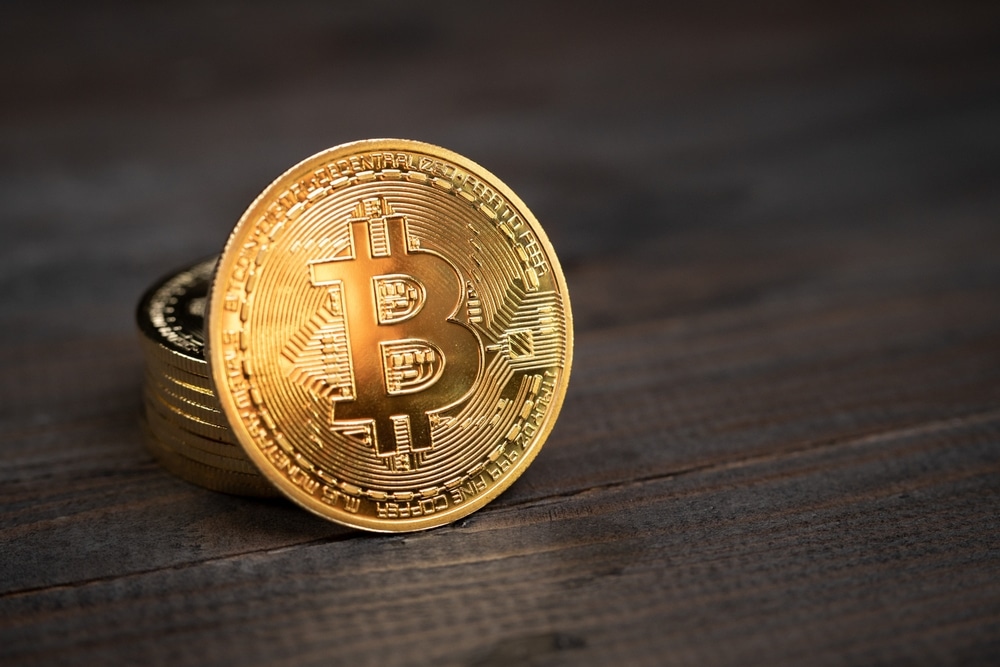US President-elect Donald Trump promised to establish a national Bitcoin strategic reserve if re-elected. Now, his victory against Kamala Harris last month has increased the probability of the American government holding BTC in the coming years.
Over the last few weeks, many countries have been inspired by Trump’s Bitcoin plans, with some already pushing for legislation that would allow them to add the asset to their balance sheets.
Here are the nations planning to create a national Bitcoin reserve:
United States
As mentioned, one of Trump’s crypto promises during his campaign was to create a national reserve for Bitcoin. The President-elect’s nominee for the Treasury Secretary position, Scott Bessent, has already expressed his support for the Bitcoin plan.
According to Republican Senator Cynthia Lummis, the American government will buy 200,000 Bitcoin yearly over a period of five years if Congress approves her bill titled ‘The Bitcoin Act.’ In the event this becomes a reality, then the US government will hold about 5% of Bitcoin’s total supply by 2029. Lummis says the acquired Bitcoin will be stored in ‘secure vaults’ managed by the US Treasury Department.
But how will the government finance the Bitcoin purchases? The policymaker reveals that Trump’s administration would issue bonds and sell a portion of the US gold reserve to buy BTC.
It’s noteworthy that the American government already holds roughly 198,893 BTC, most of which was seized from the Silk Road dark web a few years ago. Trump said in July that his administration would not sell these holdings.
Brazil
Brazilian policymakers have tabled a bill that will enable the establishment of a national Bitcoin reserve called RESBit (The Sovereign Strategic Reserve of Bitcoins). The reserve will account for about 5% of the country’s international assets.
Several Brazilian government officials have shown their support for the bill, which was filed in late November. Federal Deputy Eros Biondini argues that RESBit will minimize Brazil’s exposure to geopolitical risks and exchange rate fluctuations while boosting the nation’s economic resilience.
The bill proposes Brazil’s Ministry of Finance and the Central Bank be the custodians of the purchased Bitcoin, which will be kept in cold wallets. Additionally, the acquired BTC will be used as reserves for the Brazilian CBDC (Central Bank Digital Currency), Drex.
Poland
As Poland prepares for its Presidential elections in 2025, one of the candidates, Slawomir Mentzen, is advocating for the formation of a strategic Bitcoin reserve and the introduction of fair crypto policies to promote blockchain innovations in the country.
On December 2nd, Mentzen said on X, formerly Twitter, that he would lower crypto taxes and make Poland a crypto haven if elected, calling blockchain technology the future of finance.
According to various polls, the crypto-friendly candidate is ranked third. Whether his competitors will support the establishment of a Bitcoin reserve they win remains to be seen.
Russia
After making crypto mining legal in the country last month, Russian legislators are now pushing for the creation of a Bitcoin reserve. While most lawmakers support the idea, Russian State Duma Committee Chair Anatoly Aksakov is against it, arguing that Bitcoin’s extreme volatility could put Russia into financial problems.
Notably, Russian President Vladimir Putin and several government officials have openly supported digital assets in recent months, prompting many to believe that the Eastern European country might adopt a Bitcoin reserve in the future.
Earlier this year, Russian Deputy Minister for Foreign Affairs Alexander Pankin said they were open to replacing the nation’s USD-backed reserves with cryptocurrencies.
As these countries contemplate establishing a Bitcoin reserve, some already have one in place. El Salvador is a good example. The Central American country created its Bitcoin treasury in 2021. While several financial institutions warned against the move, President Nayib Bukele kept buying BTC, growing the treasury to 6,184 coins as of December 2024. Interestingly, El Salvador’s Bitcoin investment has an unrealized profit of $174 million, according to data from Nayibtracker.com.
At Tokenhell, we help over 5,000 crypto companies amplify their content reach—and you can join them! For inquiries, reach out to us at info@tokenhell.com. Please remember, cryptocurrencies are highly volatile assets. Always conduct thorough research before making any investment decisions. Some content on this website, including posts under Crypto Cable, Sponsored Articles, and Press Releases, is provided by guest contributors or paid sponsors. The views expressed in these posts do not necessarily represent the opinions of Tokenhell. We are not responsible for the accuracy, quality, or reliability of any third-party content, advertisements, products, or banners featured on this site. For more details, please review our full terms and conditions / disclaimer.

